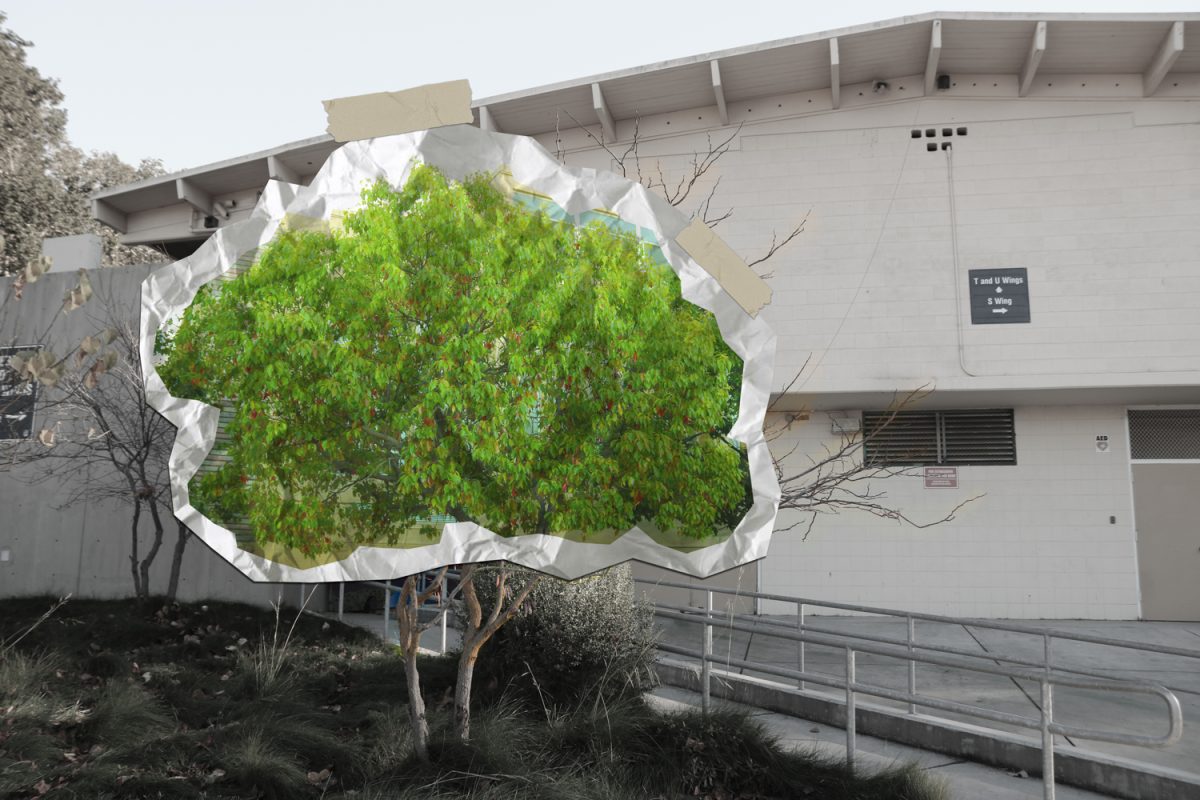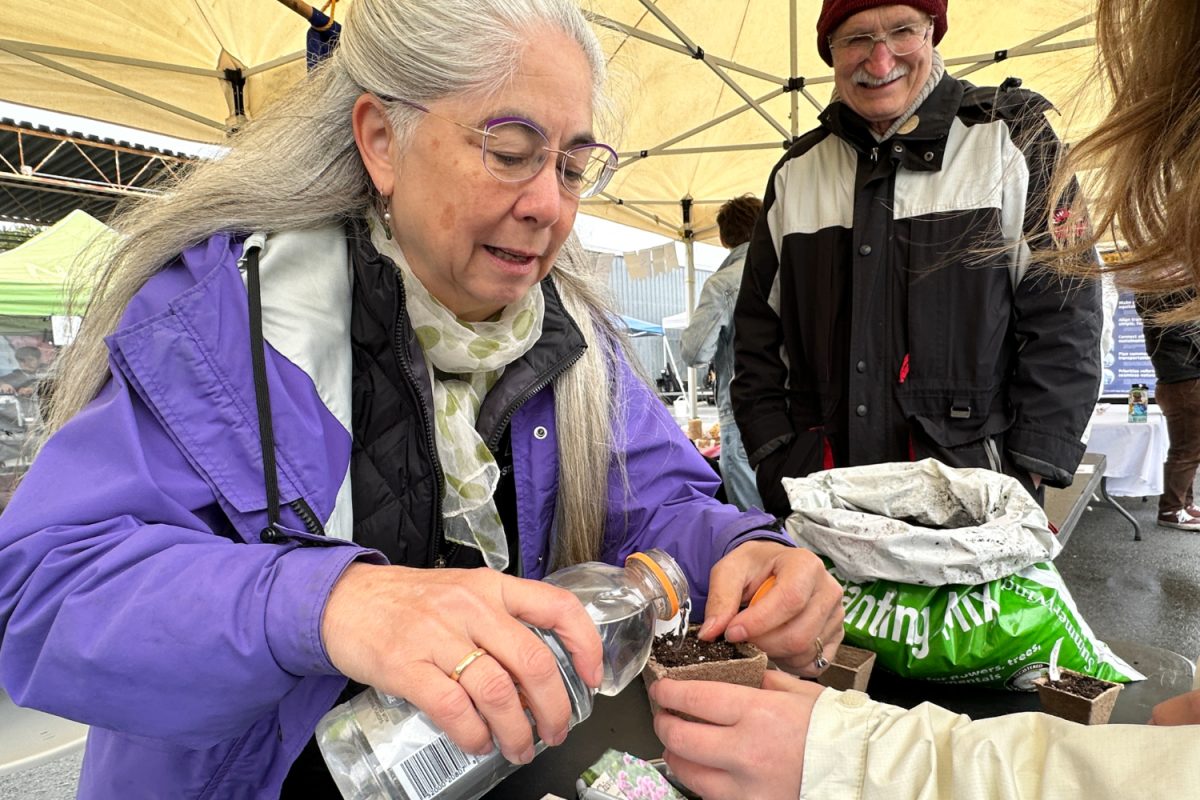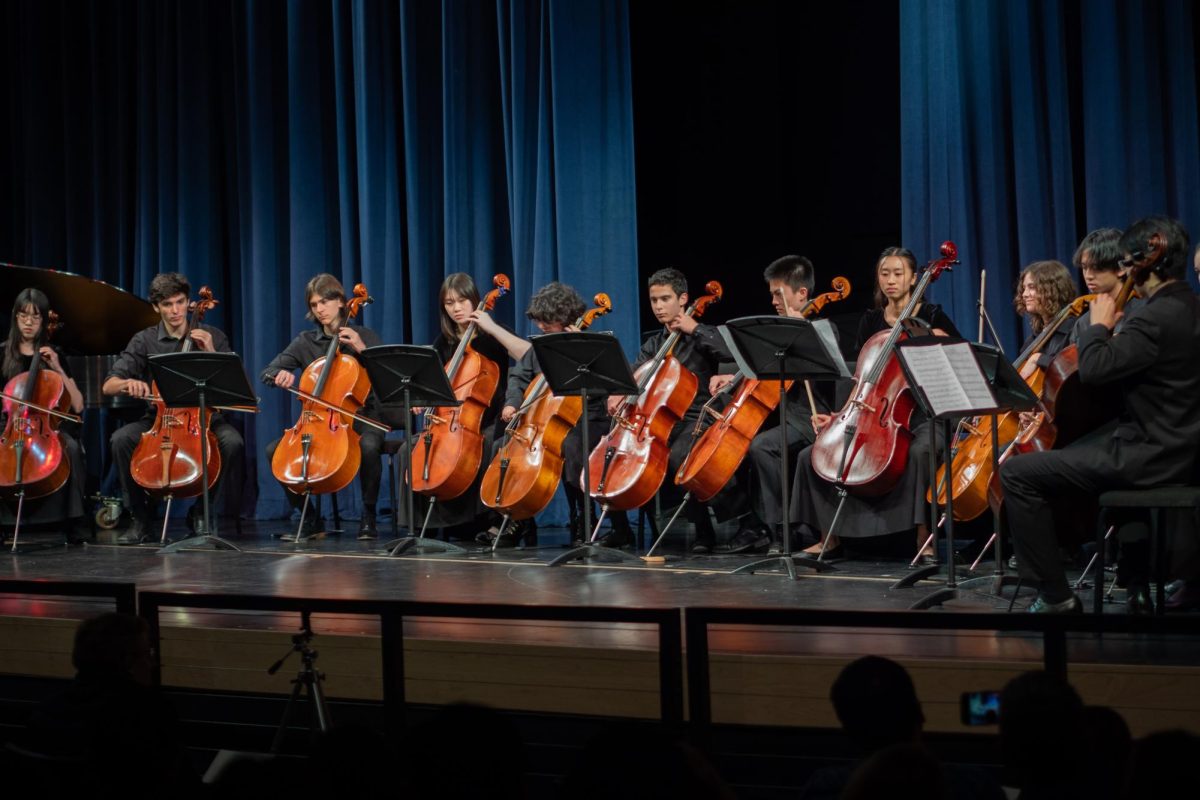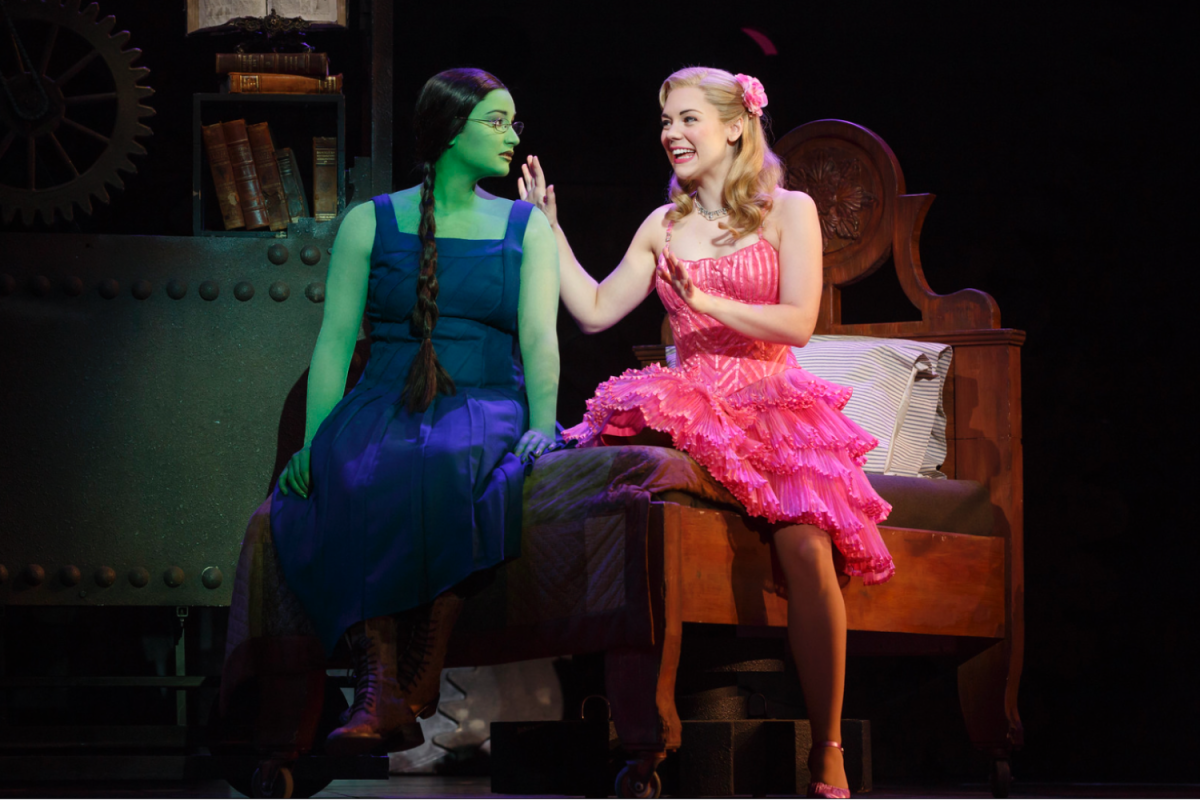Many people think economics is simply the study of money. And that those who study it only predict the future state of the economy, look into tax policies, or work on trade agreements between nations.
Although economists do work on and study all of the things listed, they also do a lot more.
“A lot of people think that we [economists] are just obsessed with money, and that’s all we care about,” Elijah Nielson, an Assistant Professor of Economics at Southern Utah University, said.
However, economics is the study of a lot more than just money. The Merriam-Webster definition of economics is the study of “the production, distribution, and consumption of goods and services,” which can be simplified down to the study of how society makes decisions. The concepts and theories of economics are used to make significant decisions in government and business, but can also help individuals make decisions in everyday life.
Simply put, economics is the study of human decision making.
Typical advice that people often give to those making big decisions is to weigh the costs and benefits of that decision. This is known as cost-benefit analysis. One cost that many people don’t take into account is something called opportunity cost.
Merriam-Webster defines opportunity cost as “the added cost of using resources that is the difference between the actual value resulting from such use and that of an alternative.” In other words, the opportunity cost is the cost of not being able to choose to do something else. For instance, the opportunity cost of ordering a hot dog is that one cannot order a hamburger.
Nielson explained opportunity cost through his decision to go to grad school. He described this situation by laying out the costs and benefits of his decision. For benefits, he would have a great experience, get a good education, and meet interesting people. As for costs, there’s the expensive tuition and the cost of books, room, and board.
“But a big cost that I think is overlooked…is what you could be making if you weren’t going to school,” Nielson said, “Basically if you were to work, how much would you be making if you didn’t go to school?”
Sam Lu is currently a sophomore attending a private school in Massachusetts and used economic reasoning to decide whether to attend school in the U.S. or China. Lu isn’t an American citizen but plans to attend an American university and decided by weighing the costs and benefits, including the opportunity costs, of his options.
There are a few things in economics that are absolutely brilliant and can be understood by almost anyone of reasonable age, but people end up winning the Nobel Prize for them.
— Bruce Wydick
Lu said that one opportunity cost of him attending school in China would be that his odds of getting into an American university would go down. However, there are also opportunity costs of attending a U.S. private school, such as what items could be purchased with the money saved on tuition.
Both Lu and Nielson used opportunity costs to help them make monumental life decisions. However, opportunity cost can also be applied in everyday life when making mundane decisions. For example, the opportunity cost of spending time on social media is less time that can be spent on studying or homework.
Opportunity cost is important because it’s often a cost that isn’t considered but is also key to understanding several other economic concepts. One such concept is comparative advantage, which Bruce Wydick, a professor at the University of San Francisco, says is one of the first things he teaches his economics students.
“Comparative advantage to economics is like gravity to physics,” Wydick said, “And the idea is that people specialize in things that have the lowest opportunity cost.”
Usually, comparative advantage is used to explain why countries should specialize in producing certain goods and enter into trade with one another. One country has a comparative advantage over another country if it can create a good at a lower opportunity cost than the other country. It is not a far stretch to see how this concept can be applied in everyday life. For example, two students, Student A and Student B are working on a poster for a class presentation. Student A has a free evening and doesn’t have any other homework to do that night, while Student B has a couple of hours of homework to complete and a club meeting after school.
The most reasonable conclusion is that Student A should work on the group project since they have a free evening. This may seem like an obvious solution, but it is also a great example of how people already use opportunity costs and comparative advantage to make decisions.
Opportunity cost and comparative advantage are used by renowned economists but are also beneficial concepts when it comes to making everyday decisions.
“There are a lot of things in economics that people do, but they don’t understand why you do them,” Wydick said.
The sooner one acknowledges how economic principles affect all aspects of everyday life; the sooner one starts making better decisions.
























